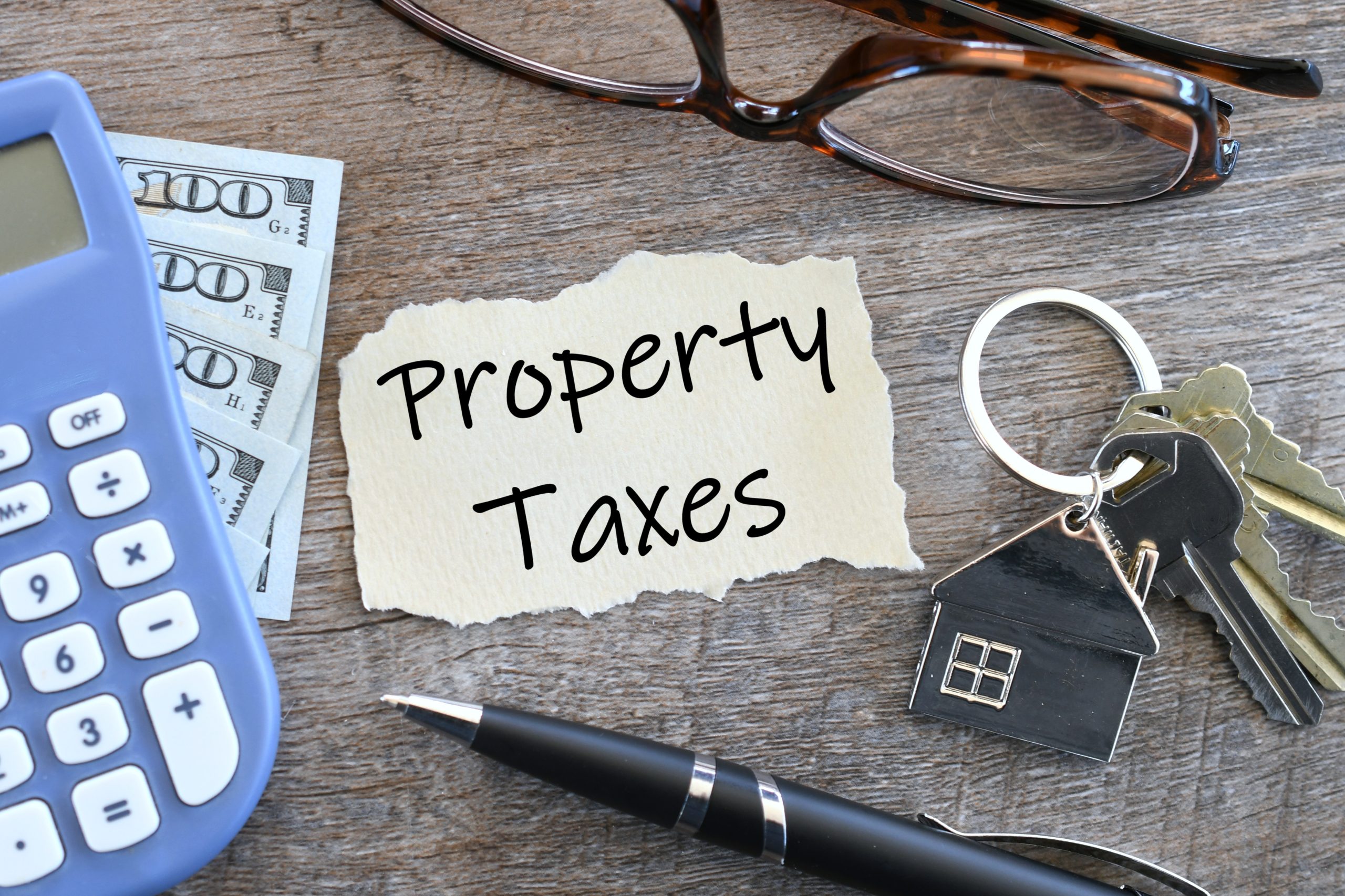Real Estate Property Taxes in Canada (2025 UPDATE)

Taxes are pivotal in funding local services and providing the essential infrastructure for communities across different countries. The recent changes in tax laws and their implications on homeowners and investors will always be important matters to discuss with De Krupe Law Toronto real estate lawyers.
Contents
- 1 Overview of the Canadian Property Tax System
- 2 Changes in Real Estate Property Taxes for 2025
- 3 Understanding Assessment and Valuation
- 4 How Often Are Property Assessments Conducted in Canada?
- 5 Provincial Variations in Property Taxes
- 6 Property Taxes and Real Estate Market Trends
- 7 Tax Planning and Property Investments
- 8 Challenges and Controversies
- 9 Future Outlook and Predictions
- 10 Conclusion
Overview of the Canadian Property Tax System
The Canadian property tax system is quite a complex web of municipal and provincial levies. Property taxes depend on property assessments and are a major revenue source for local governments. Property taxes are calculated based on property assessments done periodically by municipalities. Assessors determine the value of properties using different methods like:
- Cost approach
- Income approach
- Sales comparison approach
Property tax rates also vary depending on the property’s location, type, and usage. Provincial governments play a role in property taxation, setting their own specific guidelines and regulations.
Changes in Real Estate Property Taxes for 2025
In 2025, we can expect property tax rate increases across major cities. Below are examples of the most up-to-date tax rate information for some cities in Canada:
| City | Residential Tax Rate |
| Toronto | 0.71% |
| Vaughan | 0.71% |
| Barrie | 1.35% |
| Aurora | 0.82% |
| Richmond hill | 0.71% |
| Markham | 0.68% |
Since the real estate tax varies in different areas, you need to review your city’s government website. Then you can use a calculator to figure out the final tax amount:
Toronto homeowners might be facing a 24% increase in property taxes over three years, considering the 7% increase in 2023, another 9.5% in 2024, and a 6.9% hike proposed for 2025.
Understanding Assessment and Valuation

Assessing properties and determining their value is the fundation of calculating property taxes. There are various valuation methods, and knowing how they work helps you comprehend your tax obligations better. The assessments provide the basis for calculating the property’s value, which determines the applicable tax rate later. Various factors contribute to its value:
- Location
- Recent sales data
- The property’s physical characteristics
Property owners have the right to appeal their property assessments if they believe they are inaccurate. The appeal process involves providing evidence to support the property’s correct value, such as recent sales data of comparable properties.
How Often Are Property Assessments Conducted in Canada?
Property assessments in Canada are periodical and vary by province and municipality. In some areas, inspections are annual, while in others they are conducted every few years. Check with the local property assessment authority to learn about the assessment schedule in your region specifically.
Provincial Variations in Property Taxes
Property tax regulations vary from province to province. Whether you own a property in British Columbia, Toronto, Ontario, or any other region, you need to know about the differences in tax laws since it can really affect your financial planning. British Columbia uses the BC Assessment Authority to assess properties, while Ontario relies on the Municipal Property Assessment Corporation (MPAC).
Property tax rates also differ between provinces and even among cities within the same section. Municipalities also play a significant role in utilizing property tax revenues to fund local services. From schools to public safety, property taxes are essential for the functioning of communities.
Special relief programs exist for those in a difficult economic situation. Property tax relief programs and rebates are available in certain circumstances to support eligible property owners financially. These programs aim to assist low-income homeowners, seniors, individuals with disabilities, and properties with specific purposes, such as farmland or heritage buildings.
Relief programs can vary within a province, as they are often implemented at the municipal level. Each municipality may have its own criteria and eligibility requirements for providing property tax relief to homeowners and properties.
Property Taxes and Real Estate Market Trends

Property taxes can have a significant impact on the real estate market. For potential homebuyers, it’s a big matter to consider before deciding whether they can afford the property. High real estate tax rates in a particular area may deter buyers and affect property demand. Areas with lower property taxes might attract more potential buyers, potentially leading to increased property values.
Tax Planning and Property Investments
Tax planning is a big aspect of their financial strategy for real estate investors. By employing various tax-saving techniques, investors can maximize their returns and minimize their tax liabilities.
Residential, commercial, and industrial properties may have different tax rates. One practical approach is to take advantage of tax deductions available to property investors, such as mortgage interest deductions and property depreciation. Investors may also consider holding properties within tax-efficient structures like corporations or limited liability companies (LLCs).
Challenges and Controversies
The Canadian property tax system is not without its challenges and controversies. Some argue that property taxes can be burdensome for certain groups, like retirees on fixed incomes or lower-income homeowners.
The method of property assessment has been a subject of debate too, with concerns about accuracy and consistency across regions. Advocates for reform want a fairer and more transparent property tax system that addresses these issues.
Future Outlook and Predictions
As the real estate landscape and fiscal requirements of municipalities evolve, the future of property taxes in Canada will likely see further developments. Potential tax reforms and changes to property tax regulations may impact homeowners and investors, necessitating ongoing vigilance and adaptability. We conducted a real estate Toronto market analysis and wrote about it in our previous article. Feel free to read it or book a free consultation with De Krupe Law’s skilled real estate lawyers.
Conclusion
Real estate property taxes in 2025 Canada are crucial when it comes to homeownership and property investment. As municipalities try to adapt their tax strategies to combat affordability issues, property owners really need to stay informed to make a well-thought-out decicion that they won’t regret in the future.
-
What are real estate property taxes and how are they calculated in Canada?
Property taxes are annual fees paid by property owners to local municipalities. In Canada, they are calculated based on your property’s assessed value multiplied by the local municipal tax rate. -
Do real estate property taxes vary by province and city?
Yes — property taxes in Canada vary by province and city. Each province has its own assessment authority that determines your property’s value, and their own tax rates based on local budgets, services, and infrastructure needs. -
Can a real estate lawyer help with property taxes?
Absolutely! If you believe your property assessment is unfair or inaccurate, a real estate lawyer can help you file an appeal, negotiate with municipal authorities, and represent your case.


